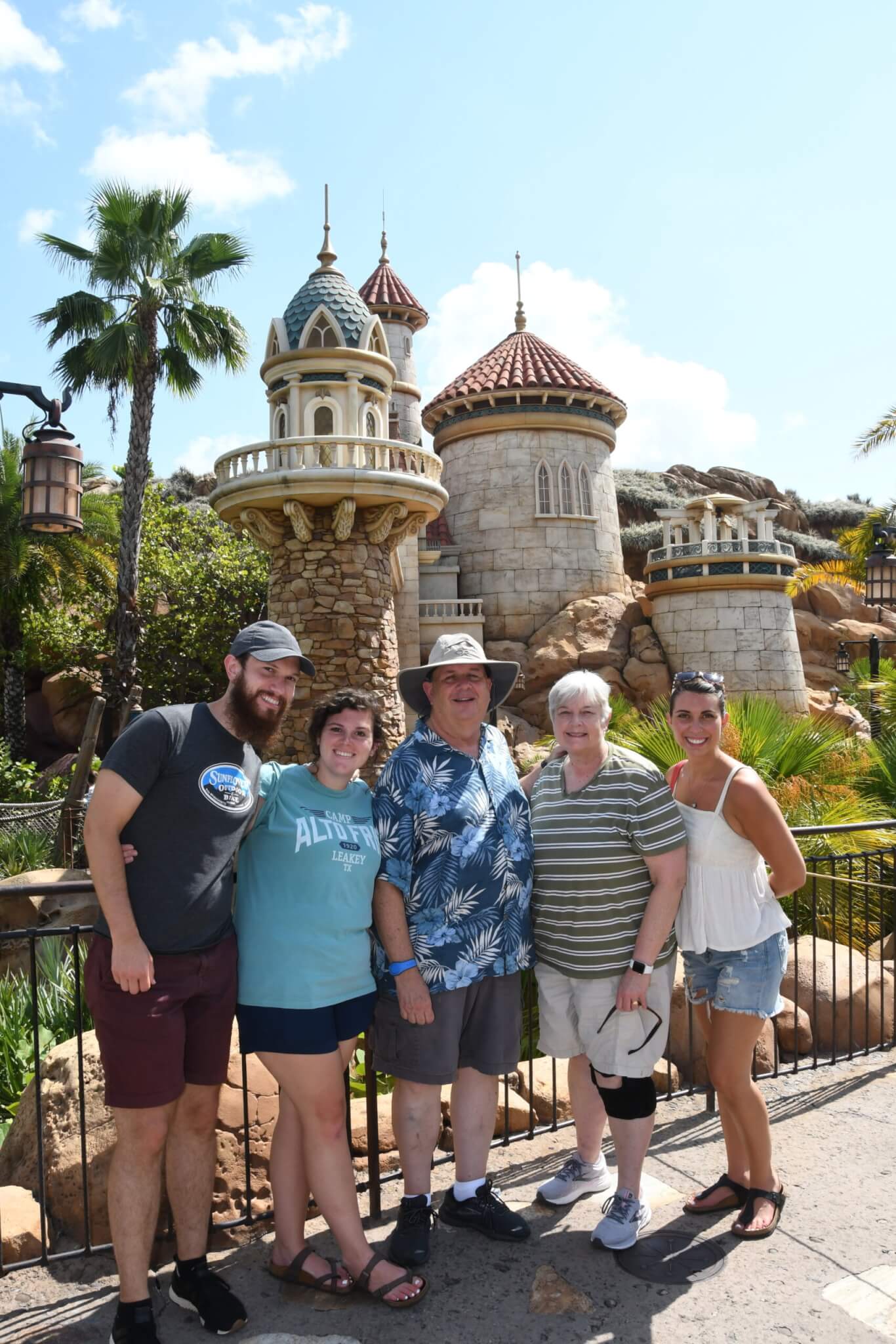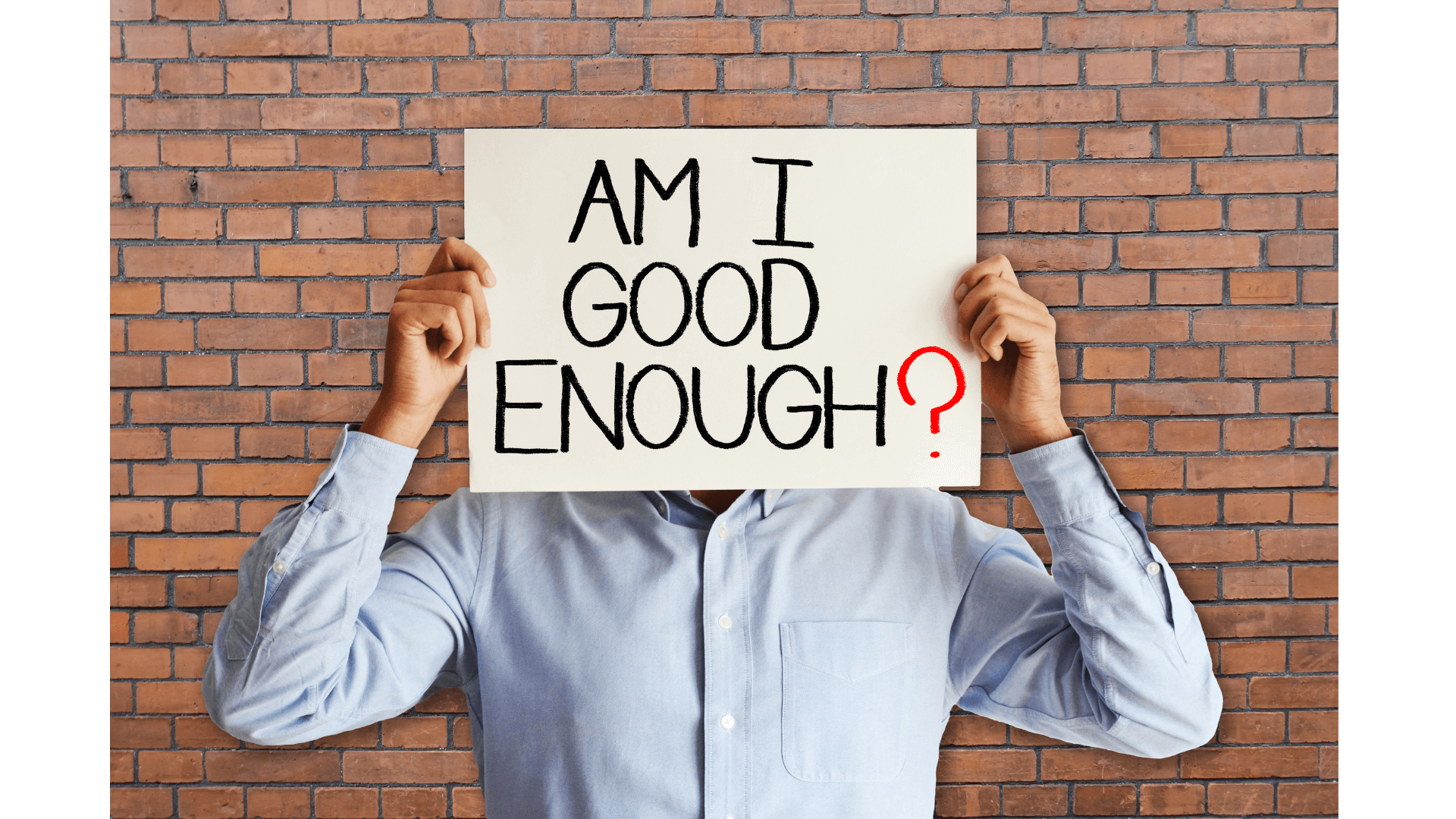NOTE: Thanks for indulging me in a day off last week. Here’s why.
No condemnation. That’s sounds pretty wonderful, right? It’s the birthright of the Christian, and sometimes that’s easily forgotten.
I want to unpack that thought some (that’s from Romans 8:1), but in order to do that, I need to unpack some other things. Stick with me – what might come across as pointless rambling should make sense in the end. (Or not – maybe this will be rambling. So sue me.)
About three weeks ago I had one of my best Walt Disney World experiences ever. The crowds, the weather, my traveling companions – just sublime. Disney is my happy place, and I don’t apologize for that sentiment, nor do I want to try to explain it. I can’t. It’s just a thing.

So I come back to Mississippi, all content and feeling warm and satisfied, and I’m ready to ease back into reality and return to my day job.
I guess it was Friday, September 17, that I started noticing a headache. Without picking over old wounds, you may or may not be aware that in June of 2018 I got a nasty concussion, developed post-concussion syndrome, and to some extent still deal with the aftermath.
Funny how your whole life can be defined by one incident! It’s turned me into something of an evangelist about brain trauma, but more specifically the mental and emotional fallout that comes with it. It’s made me much more in tune with people dealing with mental illness, whatever the cause.
The drum I continually beat is all about there being no shame with mental illness – because it’s an illness just like any other. And that it’s appropriate, and maybe even necessary, to get the proper care, be that through counseling, medication, or other means.
And prayer? Heck yeah. But God has all sorts of healing tools at His disposal, and it’d be foolish not to ask for them and use them. Gradually, the stigma about mental illness is fading away. Shamefully, it still exists among some Christians, who look on it as a lack of faith or weakness or unconfessed sin. Well, y’all, sometimes you can’t just pray yourself out of it.
I talk about this too much, possibly. Whatever. You have your “things,” I have mine. Start your own blog if you want and I’ll indulge you, too.
So, this headache crept up on me and escalated during the weekend. Migraines are a byproduct of my injury, it seems. I even get pain-free migraines, which is odd, but they come with that “aura,” which is beyond bizarre – sensitivity to light and noise, a scary inability to think clearly, and sometimes even visual artifacts.
By Sunday night I was facing the apocalypse, and come Monday I’m ready to head to the ER. I give myself a shot every month which does a decent job of staving these beasts off, and I have other meds to take when I do get one that are generally effective. Not this time, friend.
I got a call into the neurologist – I have the best one in existence, I believe. They were going to work me in Tuesday, but it’s Monday, and I’m screaming. Silently, anyway. She said for me to go ahead and see my regular doc. I went to one of our clinics, and the doc said, well, dang. You aren’t having a stroke or aneurism. She gave me a med that was supposed to help. It didn’t move the needle at all.
So after thrashing around for another day, moving to that realm of “kill me or cure me,” I got in to see the good Dr. Jones. Calmly and compassionately she told me,”We can take care of this,” and after some encouragement got me a couple of shots of good medicine and sent home a sample of this stuff called Rayvow.
(I know this is coming across as senior adult talk – ailments, meds, all that. I am a senior adult. Deal with it.)
When given the Rayvow, I had strict instructions to not drive, to not make any important decisions, all that. She told me, “Not only will this keep you from thinking clearly, you won’t be aware you aren’t thinking clearly.” When I read the literature about this stuff, one of the side effects was “euphoria,” which is medspeech for “you are gonna get really high.” This stuff isn’t a narcotic. I don’t know what class it’s in. But ho-lee cow.
I took it about 7 a.m. Wednesday. I made sure Teresa stuck around long enough to make sure I didn’t get in the car and drive to New Hampshire or something. Within a half hour, I was sailing. I was very content … all was right in the universe. I was very chatty, even when I was alone. So I had some lovely conversations with myself. It was well into the afternoon before I felt like I could get my landing gear down and function. Most importantly, that stinkin’ headache was gone. Poof.
Part of recovery from this nastiness was to stay off anything with a screen. I did, mostly. No TV, no phone. I didn’t try to read. I just listened to music (ambient spa goofiness) and looked out the window. The goal was to avoid as much mental input as possible. Which meant that, with no input, I would instead default to my usual state of overthinking, which, when I was able to think, is just exactly what I did.
Which brings me back, finally, to Romans 8, and Romans 7, too, that no condemnation thing. Here are my takeaways, which grew out of my week from hell:
- I am a slave to sin, and you are too. Just as I was a slave to a headache that wouldn’t go away, we’re all slaves to sin that contaminates us. And like my migraine, self-help is no help. I had to turn to a professional. I also need to turn to God, because to try to stop sinning on my own? Give me a break.
- That migraine pain was such that I couldn’t think clearly – it overrode everything else. Sin can do that – Paul talks about not understanding what he was doing, that he wasn’t practicing what he wanted to do.
- Paul calls himself a “wretched man,” based on the conflict he’s feeling. He talks about taking delight in God’s law internally, but everything else is “waging war against the law of my mind and taking me prisoner to the law of sin in the parts of your body.” In fleshly terms, it’s really tough when your mind and heart want to do one thing but in body you have rebellion. The spirit is willing but the flesh is weak, right? My head sure impacted everything else my body might’ve wanted to do.
- Check out this line: “For the desire to do what is good is with me, but there is no ability to do it.” My obvious parallel is that I want to do the right thing, I want to be rid of what’s crippling me, but I simply can’t do it on my own.
But then comes the “no condemnation” part. Glory be to Jesus.
I have no reason to beat myself up for something that happened years ago and that I have no inherent fleshly control over. This may be stretching the analogy, but I’m not responsible for being born a sinner. I’m a sinner by nature and by choice. So I should choose, then, to do the right thing. I can’t be in bondage to something that happened that was and is out of my hands.
It’s human to try to better ourselves or want to clean ourselves up or to “do more.” We want to hit a “reset” button every day.
It’s pretty hard to relax with God if we think we’re just a tiny bit detestable to Him as we currently are.
Well, pilgrim, we’re neglecting a basic message of Christianity – that we already died with Christ. So we try to die again or die more.
But our old self already died with Him on a cross. We didn’t just die – we were resurrected and made new at the core.
So why are we trying to kill what has already been made new?
Lay aside any toxic thoughts of “not good enough.”
It is finished.

